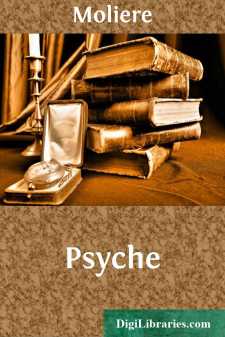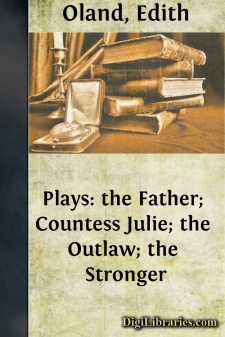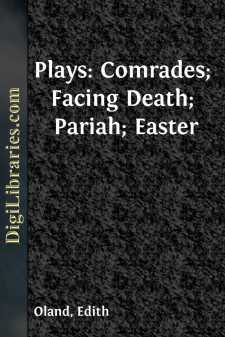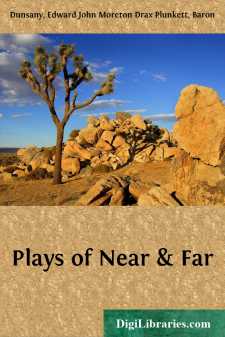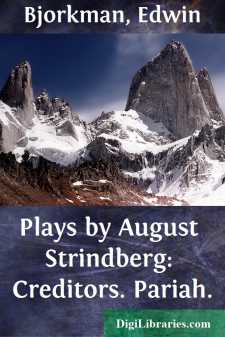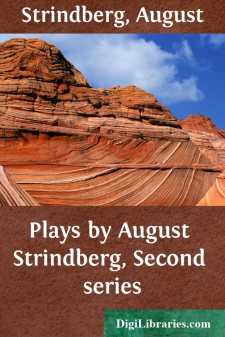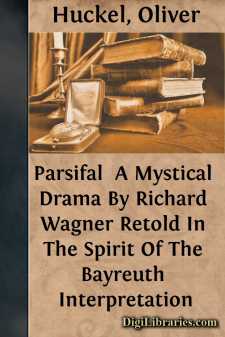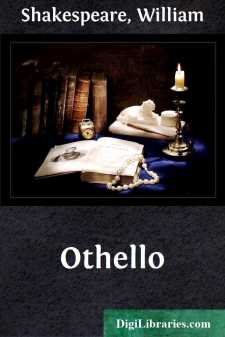Drama
General Books
Sort by:
by:
Moliere
PROLOGUE. The front of the stage represents a rustic spot, while at the back the sea can be seen in the distance. SCENE I. Flora. appears in the centre of the stage, attended by Vertumnus, god of trees and fruit, and by Palemon, god of the streams. Each of these gods conducts a troup of divinities; one leads in his train Dryads and Sylvans, and the other River Gods and Naiads. Flora sings the...
more...
by:
Bernard Shaw
The forenoon of the first of April, 1911. General Mitchener is at his writing table in the War Office, opening letters. On his left is the fireplace, with a fire burning. On his right, against the opposite wall is a standing desk with an office stool. The door is in the wall behind him, half way between the table and the desk. The table is not quite in the middle of the room: it is nearer to the...
more...
by:
Edith Oland
BIOGRAPHICAL NOTE "I tell you, you must have chaos in you, if you would givebirth to a dancing star."—Nietzsche. In Stockholm, living almost as a recluse, August Strindberg is dreaming life away. The dancing stars, sprung from the chaos of his being, shine with an ever-increasing refulgence from the high-arched dome of dramatic literature, but he no longer adds to their number. The...
more...
by:
Edith Oland
August Strindberg died at Stockholm On May 14, 1912, just ten days after the first of his plays given in English in the United States had completed a month's engagement. This play was "The Father," which, on April 9, 1912, was produced at the Berkeley Theatre in New York, the same little theatre that witnessed in 1894 the first performance in this country of Ibsen's "Ghosts."...
more...
PREFACE Believing plays to be solely for the stage, I have never before allowed any of mine to be printed until they had first faced from a stage the judgment of an audience, to see if they were entitled to be called plays at all. A successful production also has been sometimes a moral support to me when some critic has said, as for instance of "A Night at an Inn," that though it reads passably...
more...
by:
Edwin Bjorkman
This is one of the three plays which Strindberg placed at the head of his dramatic production during the middle ultra-naturalistic period, the other two being "The Father" and "Miss Julia." It is, in many ways, one of the strongest he ever produced. Its rarely excelled unity of construction, its tremendous dramatic tension, and its wonderful psychological analysis combine to make it a...
more...
THERE ARE CRIMES AND CRIMES INTRODUCTION Strindberg was fifty years old when he wrote "There Are Crimes and Crimes." In the same year, 1899, he produced three of his finest historical dramas: "The Saga of the Folkungs," "Gustavus Vasa," and "Eric XIV." Just before, he had finished "Advent," which he described as "A Mystery," and which was published...
more...
by:
Hannah More
ACT THE FIRST. SCENE I. A GOTHIC HALL. Enter Edric and Birtha. Bir.What may this mean? Earl Douglas has enjoin'd theeTo meet him here in private?Edr.Yes, my sister,And this injunction I have oft receiv'd;But when he comes, big with some painful secret,He starts, looks wild, then drops ambiguous hints,Frowns, hesitates, turns pale, and says 'twas nothing;Then feigns to smile, and by his...
more...
by:
Oliver Huckel
PARSIFAL. PART I THE COMING OF PARSIFAL Within a noble stretch of mountain woods,Primeval forest, deep and dark and grand,There rose a glorious castle towering high,—And at its foot a smiling, shimmering lakeLay in the still lap of a verdant glade.'T was daybreak, and the arrows of the dawnWere shot in golden glory through the trees,And from the castle came a trumpet blastTo waken life in all...
more...
ACT IV SCENE I. Cyprus. Before the Castle. [Enter Othello and Iago.]IAGOWill you think so? OTHELLO Think so, Iago? IAGO What,To kiss in private? OTHELLO An unauthoriz'd...
more...


